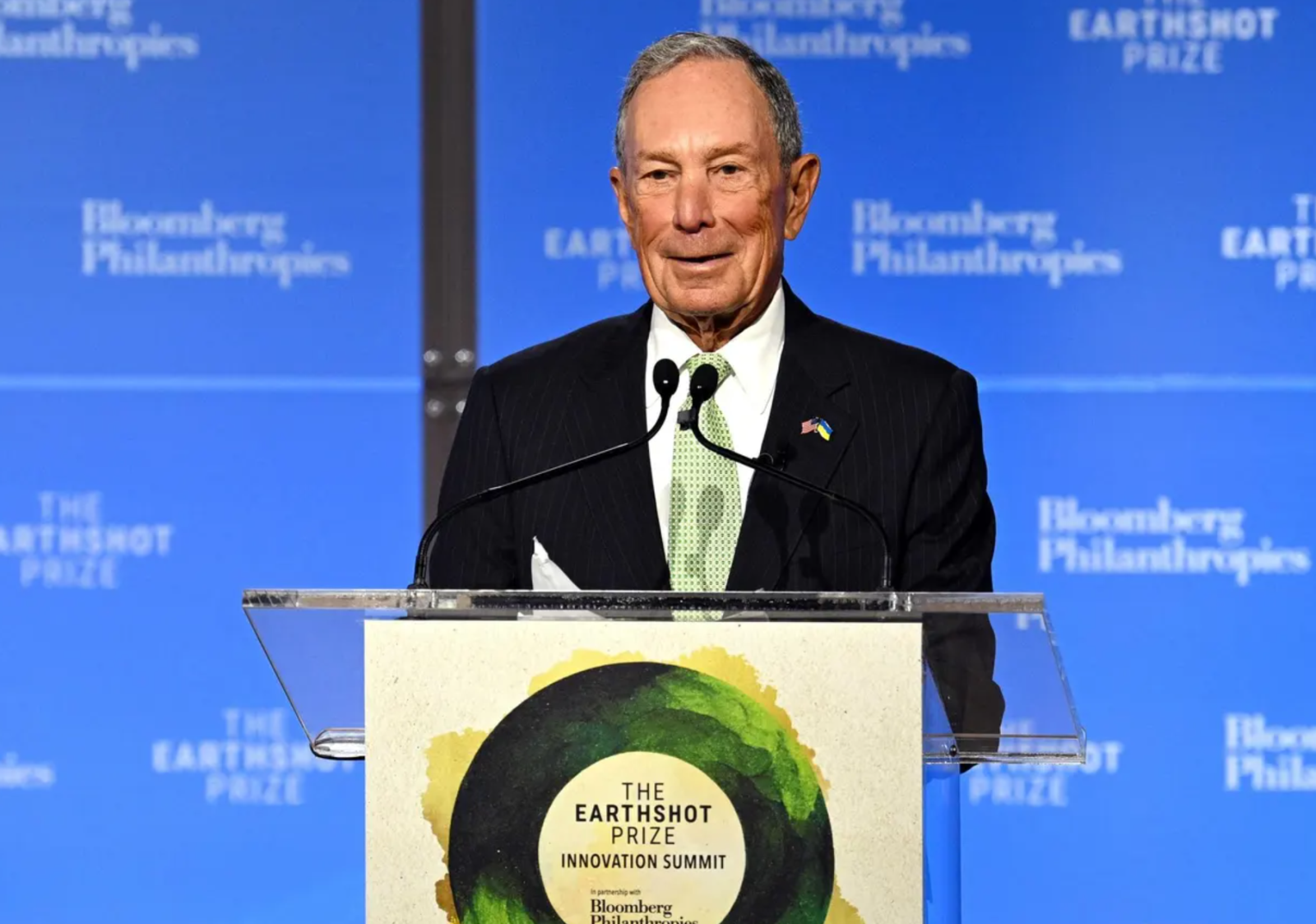
US Withdrawal from Paris Agreement
One of President Trump's first executive actions was to start the process of pulling the United States out of the 2015 Paris Agreement—a landmark deal signed by nearly 200 nations aiming to limit global temperature rise to well below 2°C (3.6°F), with a more ambitious target of 1.5°C (2.7°F). The withdrawal will take approximately one year to go into effect, placing the U.S. alongside Iran, Libya, and Yemen as the only UN-recognized nations not participating in the agreement.
This marks the second time Trump has withdrawn the U.S. from the accord. He took a similar step in 2017 during his first term, only for the U.S. to rejoin under President Joe Biden. Now, with Trump back in office, the country is again poised to exit—a move met with frustration both domestically and internationally, especially as extreme weather events become more frequent and intense.
Implications for UN Climate Funding
The UNFCCC, which coordinates global climate policy, receives its core funding from contributions by its nearly 200 member countries. As the world's largest economy, the U.S. typically shoulders around 21% of these dues. President Trump's withdrawal means that substantial funding could suddenly vanish at a time when accelerating climate impacts demand collective global action.
In a statement, UN Climate Change Executive Secretary Simon Stiell underscored the critical nature of these resources. "While government funding remains essential to our mission, contributions like this are vital in enabling the UN Climate Change secretariat to support countries in fulfilling their commitments under the Paris Agreement and a low-emission, resilient, and safer future for everyone."
Bloomberg's Intervention
Michael Bloomberg, currently ranked by Forbes as the 16th wealthiest individual worldwide, has stepped in to fill the funding gap. Bloomberg Philanthropies, along with other unnamed U.S. climate financiers, will cover the dues that the U.S. would have contributed. While the exact amount and the identities of other contributors remain undisclosed, this coalition aims to maintain the UNFCCC's operational budget and ensure that UN-led climate initiatives continue unhindered.
Bloomberg first offered a similar lifeline in 2017, soon after Trump's initial withdrawal from the Paris accord. Now, four years later, he's repeating that commitment. "From 2017 to 2020, during a period of federal inaction, cities, states, businesses, and the public rose to the challenge to uphold our nation's commitments—and now, we are ready to do it again," Bloomberg said in a statement.
Why It Matters: A Shifting Climate Landscape
Climate scientists warn that the world is already experiencing the destabilizing effects of global warming—from devastating wildfires in California to catastrophic hurricanes in the Atlantic. The Intergovernmental Panel on Climate Change (IPCC) has repeatedly stated that greenhouse gas emissions must be drastically cut within this decade to avoid the worst consequences of climate change, such as extreme droughts, more intense storms, sea-level rise, and large-scale disruptions to food and water supplies.
Bloomberg himself noted that more Americans are witnessing the toll of climate-induced disasters. "More and more Americans are seeing their lives upended by extreme weather events like the wildfires ravaging California," he explained, adding that the economic benefits of clean energy—such as falling renewable costs and growing job opportunities—are being felt across both Republican and Democratic states.
US Subnational Climate Action
In response to the lack of federal leadership, a network of subnational players has emerged—state and city governments, as well as private-sector stakeholders—committed to meeting the country's emissions-reduction targets under the Paris Agreement. Through coalitions like the U.S. Climate Alliance and We Are Still In (which Bloomberg has supported), these states and municipalities have been tracking and reporting emissions reductions and clean energy progress.
Bloomberg pledged to work alongside these local leaders to ensure that, despite the federal withdrawal, the U.S. stays on track to meet its global climate obligations. For at least the next four years, these subnational efforts will serve as the de facto vehicle for American climate policy.
International Response and Outlook
With the U.S. once again poised to exit the Paris Agreement, the global community faces heightened uncertainty. Some worry that the departure of the world's largest economy will hamper collective efforts to reduce emissions. Others, however, point to advances in renewable energy technology and market-driven trends that increasingly favor low-carbon solutions, suggesting that the shift away from fossil fuels will persist regardless of U.S. policy at the federal level.
Meanwhile, the financial support promised by Bloomberg Philanthropies allows the UNFCCC to continue its essential work—coordinating negotiations, supporting developing countries, and maintaining global climate action momentum. As UN Secretary-General António Guterres reiterated, "We need strong, united, and consistent leadership on climate action now more than ever."
Beyond Philanthropy
Critics have pointed out that relying on private donors to fund what is traditionally a multilateral responsibility could set a risky precedent. Government contributions, they argue, should remain the primary source of funding for global initiatives to maintain democratic oversight and accountability. Still, Bloomberg's intervention illustrates how private sector actors can fill critical gaps left by political turnover and partisanship.
In the broader context, climate advocates caution that philanthropic contributions, while helpful, are no substitute for comprehensive policy reforms that rapidly decarbonize the energy, transportation, and industrial sectors. The next four years could prove pivotal in determining whether the U.S.—through subnational efforts and philanthropic support—will still manage to reduce emissions in line with the Paris Agreement, or if Trump's policy reversals will slow the world's collective climate progress.
Ultimately, the balance of power between federal policy rollbacks and private-sector leadership is unfolding in real time. As the climate crisis accelerates, the race to deploy renewable energy, energy-efficient technologies, and sustainable infrastructure becomes ever more urgent. Bloomberg's renewed funding pledge underscores the critical role of non-governmental actors in this transition, even as the U.S. federal government steps back from its international commitments once again.